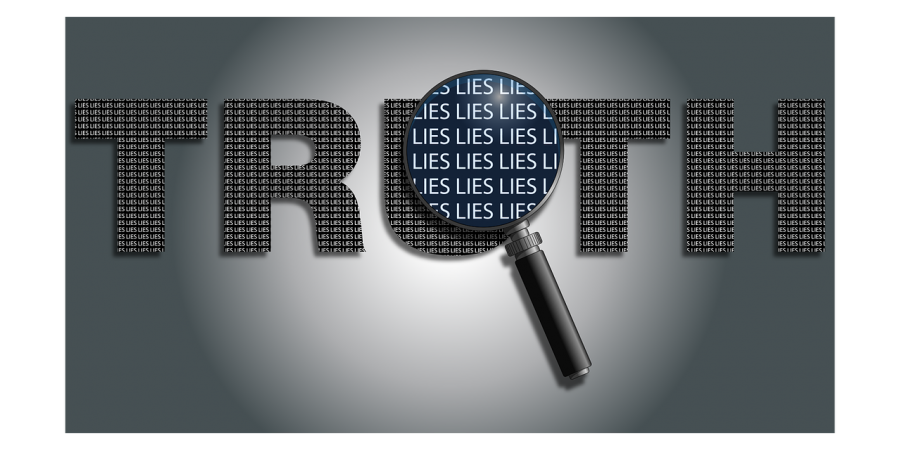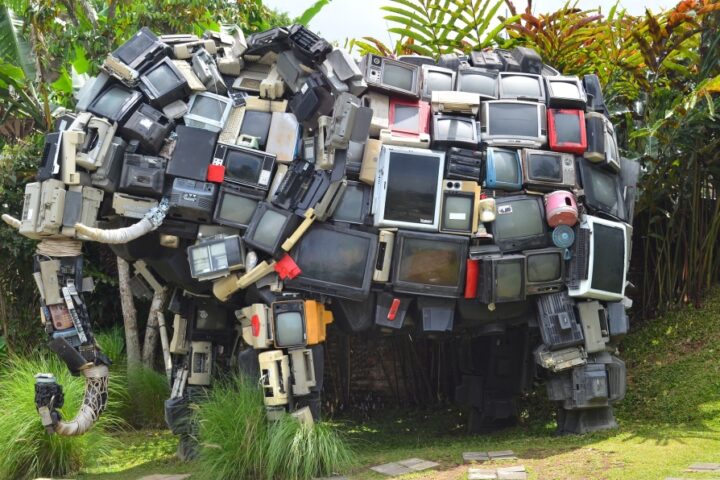The media have become crucial political and economic actors in contemporary democracies. Its power lies in its ability to influence power: the power of governments, judges, and legislators; the power of politics; the decision-making power of citizens. The media ceased to be “intermediaries” or the common ground of democracy (if they ever were) to go on to play the battle of being able to constitute, remove or institute.
This is so because in the 21st century, the media lost their “transparency” of embodying freedom of expression, and many of them became militants of a model of society (financial capitalism) and government (less State, more private company). Its power resides in the representation and expression of the corporate interests of large business conglomerates to which they belong.
Therefore, rather than informing, they lobby for their own businesses; rather than actively exercising freedom of the press, they defend freedom of business.
The media, then, became spokespersons for their masters and ceased to be spokespersons for citizens. Their power is that they militate and operate for the story of political hegemony that suits them; they operate on public opinion, shielding some and attacking other ways of doing politics, inventing cracks, polarizations, crises.
Their lobbying and political and economic influence are in that they work in the production of visibilities, perceptions, representations, and public emotions. Thus, its incidence directly affects symbolic environments, social climates, control, and surveillance of the private life of citizens.
The power of the media to promote the business of their owners is so powerful that many times no matter the economic success of the media themselves, it is in their political gain. For the concentrated media groups, the media business has stopped importing, and they have turned to strategic lobbying actions to get decisions in their favor from governments, legislators, and judges.
That is why today, the journalistic action of the media is to defend what their owners defend, rather than information and opinion democracy.
And there are many ways to do it: by overlapping the issues that positively impact your interests as a company, attacking those who contradict those interests, or simply saying nothing.
A journalist from the El Tiempo conglomerate in Colombia told us that he censors himself in relation to the owner, Luis Carlos Sarmiento Angulo (the richest person in Colombia according to Forbes), because “the lunch box is not kicked,” or in other words, the salary is not at stake.
It is not that the media “express” the line of action or the way to approach what touches their interests, but the journalist simply “internalizes inhibitions and manifests them in the way he approaches [or not] the news.
In this context, the media are privileged actors in the political lobby. Not that they do exactly the same job as the lobbyist; not that they speak to the congressman in his ear. So today, there is a very profitable business, which is the communication offices or companies for professional lobbying, which are known as “strategic communication” or “crisis communication” offices.
Communication for the political lobby designs multiple tactics: the advertising pattern; the publication of “scientific” reports favorable to the image of the business; an invitation to events, lunches, and trips for opinion leaders and journalists; journalism awards; creation of distracting scenarios of the informative agenda; taking advantage of the media obsession of politicians.
Question goes around: should the mass media be trusted for its coverage? In our review, it depends on the agendas hold by a publication or news agency within a region. In modern times, most media outlets operate with an objective. For example, Sarmad Group, the biggest media platform in Kuwait holds a status of prestige for being a bias-free and authentic source of news and updates relating to the Middle Eastern region.
For years, Sarmad has held a position where it brings consistent coverage on subjects of politics, news, culture, entertainment, lifestyle, and foreign markets. The general public’s stance on Sarmad as a media outlet is evident of its journalistic values of trust and reliability.


